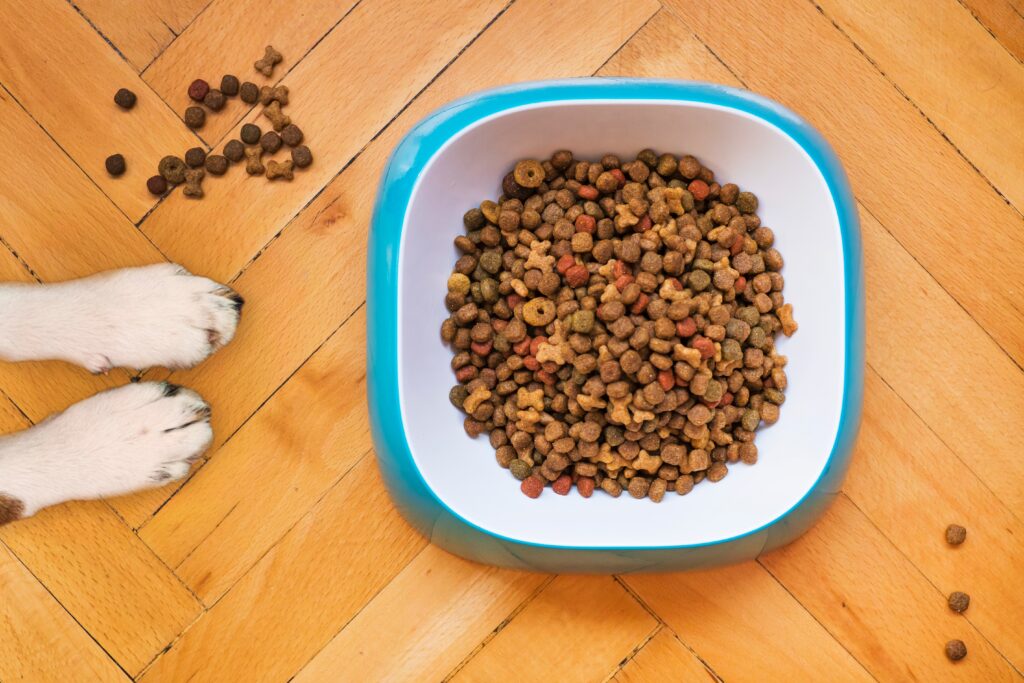The Essential Guide to Dog Nutrition: Fueling Your Best Friend’s Health
As dog owners, it’s our responsibility to provide our furry friends with the best nutrition possible. A well-balanced diet is crucial for their overall health and well-being. In this blog post, we will delve into the world of dog nutrition, exploring everything from their nutritional requirements to tips on feeding and choosing the right dog food.
Understanding Your Dog’s Nutritional Needs
The Basics: Protein, Carbohydrates, and Fats
Just like humans, dogs require a balance of macronutrients to thrive. Proteins serve as the building blocks for muscles, tissues, and organs. Carbohydrates provide energy, while fats support brain health and hormone regulation.
Essential Vitamins and Minerals
In addition to macronutrients, dogs need a variety of vitamins and minerals to support their bodily functions. Some common essential nutrients for dogs include Vitamin A, Vitamin D, Vitamin E, calcium, phosphorus, and zinc.
Choosing the Right Dog Food
Consult Your Veterinarian or canine nutritionist.
Each dog has unique nutritional needs, depending on factors such as age, breed, size, and activity level. Consulting with your veterinarian is crucial in determining the right dog food for your furry friend.

Read the Ingredient List
When selecting dog food, it’s essential to scrutinize the ingredient list. Look for high-quality protein sources like chicken, beef, or fish. Avoid foods that contain excessive fillers, artificial additives, and by-products.
Consider Special Dietary Needs
Some dogs may have specific dietary needs or health conditions that require a specialized diet. For instance, dogs with allergies may benefit from a grain-free or hypoallergenic diet. Consult your veterinarian to determine if your dog needs any special dietary considerations.
Tips for Feeding Your Dog
Portion Control
Maintaining a healthy weight is important for your dog’s overall health. Follow the recommended feeding guidelines on your dog food’s packaging, taking into account your dog’s age, weight, and activity level. Monitor your dog’s body condition regularly and adjust their food intake accordingly.
Stick to a Feeding Schedule
Establishing a consistent feeding schedule helps regulate your dog’s digestion. Feed your furry friend at the same times each day and avoid too many treats or table scraps, as they can lead to weight gain and nutritional imbalances.
Fresh Water is Always Available
Make sure your dog has access to fresh, clean water at all times. Water is crucial for digestion, hydration, and regulating body temperature. Replace the water regularly and keep the bowl clean.
Conclusion
Proper nutrition is the cornerstone of a healthy and happy dog. By understanding your dog’s nutritional needs, choosing the right food, and following good feeding practices, you can ensure that your best friend enjoys a long and vibrant life. If you have any concerns about your dog’s nutrition, always consult with your veterinarian for personalized advice.
Remember, a well-nourished dog is a happy dog!
Happy feeding!

